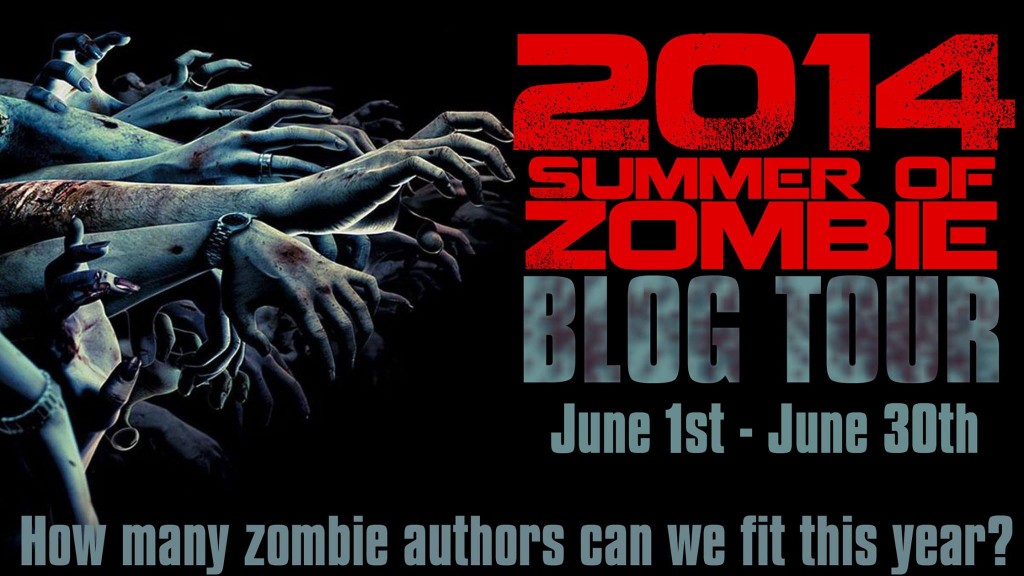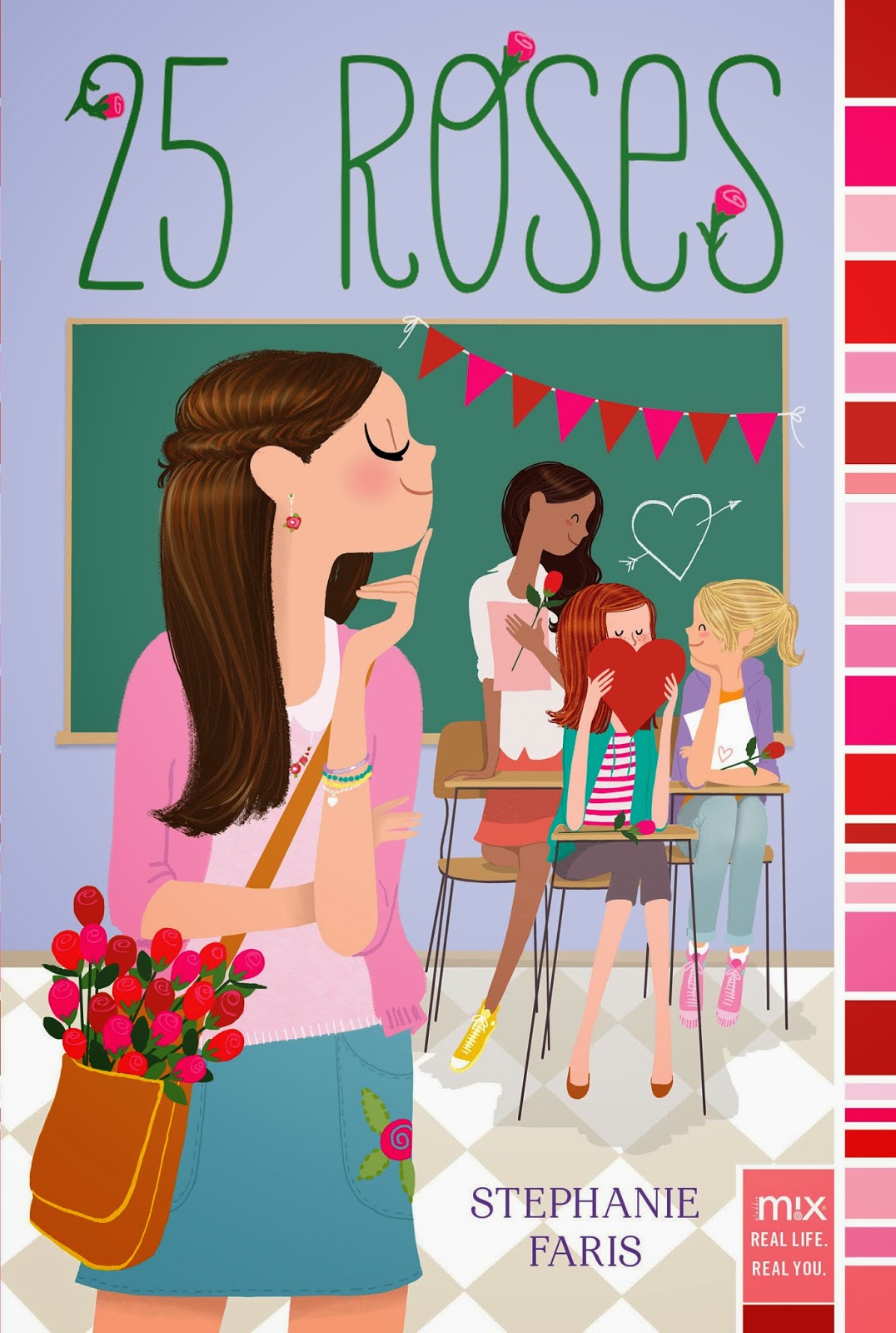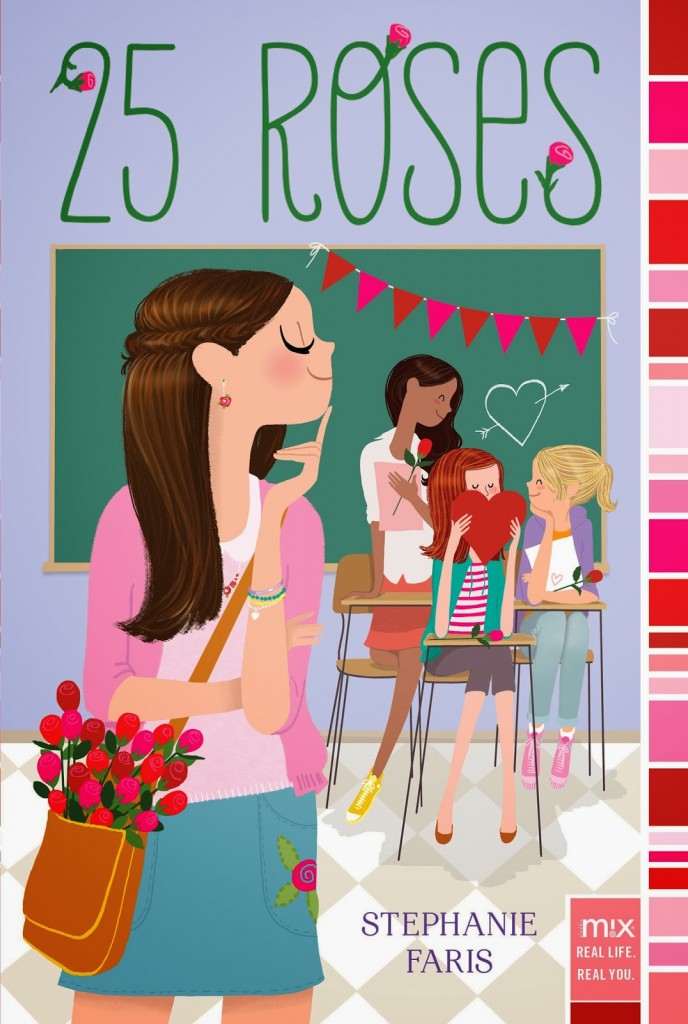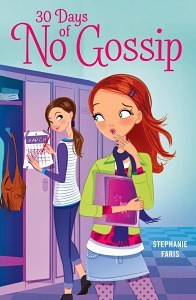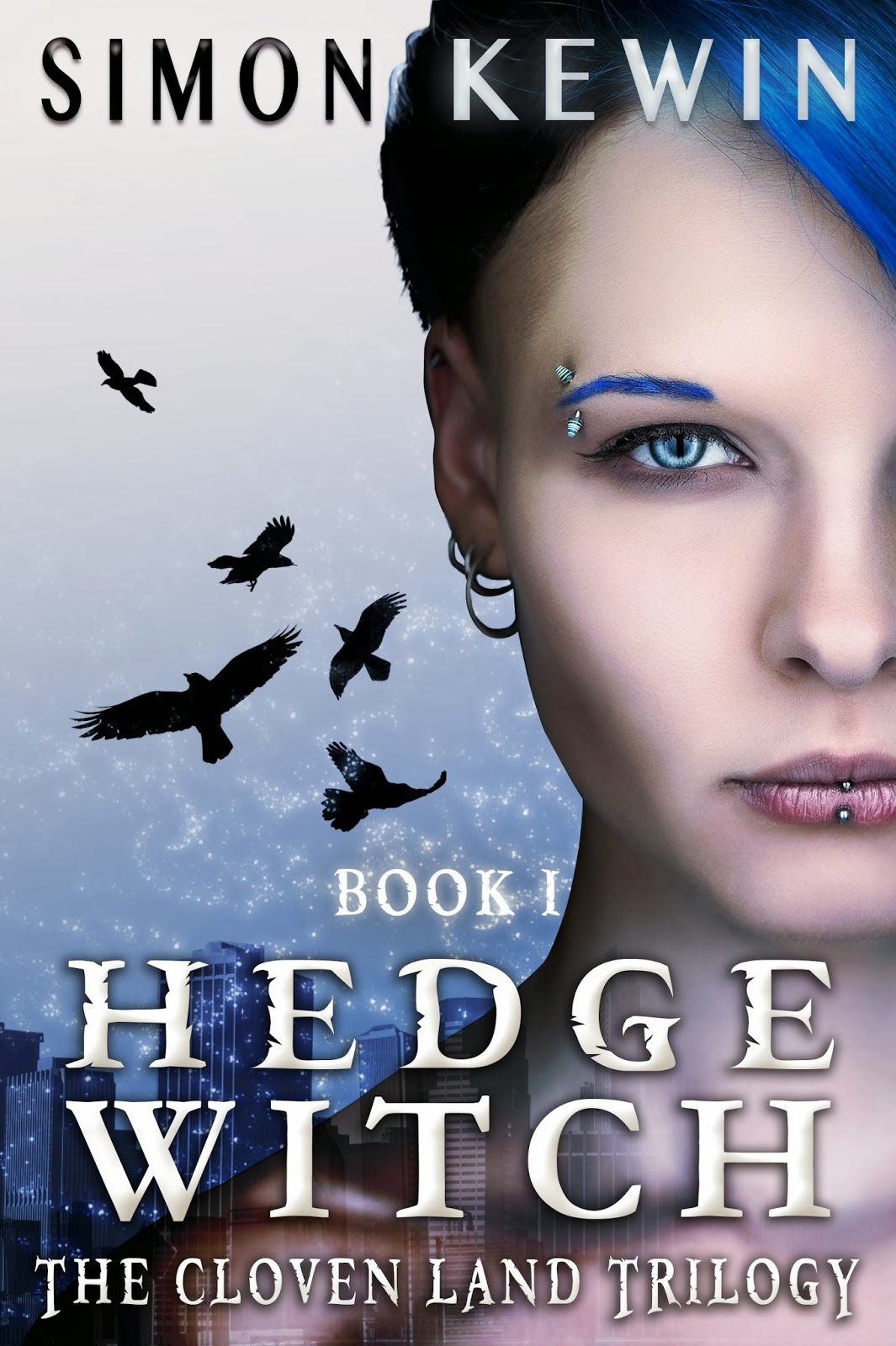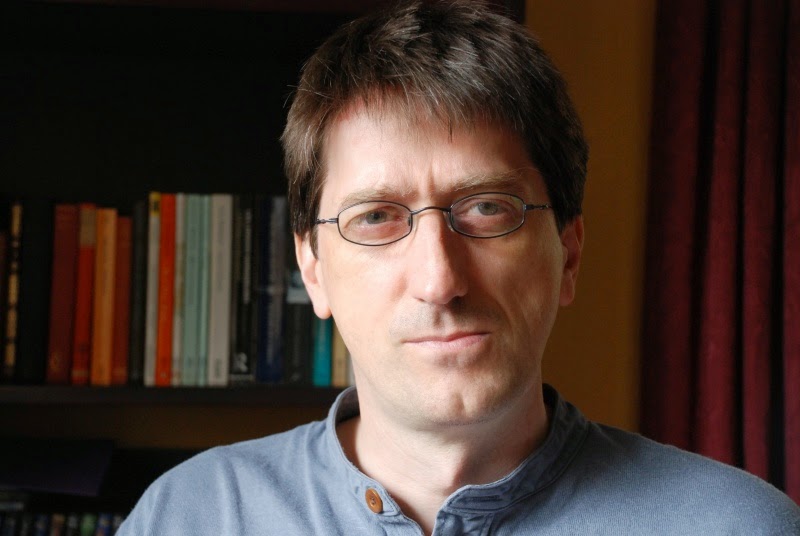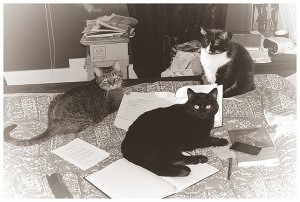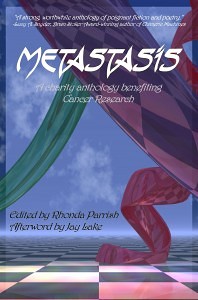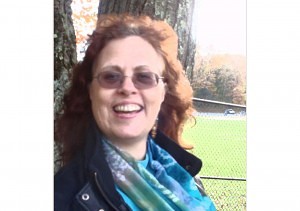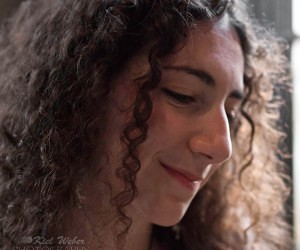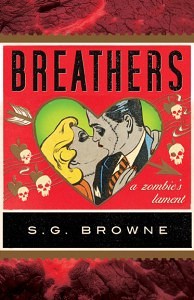 I met S.G. Browne at a World Fantasy convention oh man, in 2008! Dude, where does the time go? O_o
I met S.G. Browne at a World Fantasy convention oh man, in 2008! Dude, where does the time go? O_o
Anyway, he did a reading from his novel, Breathers, which was due to be out soon and I liked it *so* much I sought him out afterwards and we became friends. Scott writes about a lot of things, but since I’m dedicating this month to zombies to promote my title, Waste Not, I invited him to come hang out here today to talk about them. Happily, he took me up on the offer 🙂
What follows is a guest blog by S.G. Browne:
~*~
Why zombies? What’s the big deal? Why do so many people like them?
I think the main reason so many people are zombie fans is that they can relate to them. After all, zombies used to be us. They are what we can all become when our humanity is stripped away and all we’re left with is an insatiable desire to satisfy our hunger. When all we’re left with is our instinct. Our id. What Freud called the “dark, inaccessible part of our personality.”
Or maybe I’m over-analyzing. Maybe people love zombies for other reasons. Maybe it’s because they’re relentless. Or socially relevant. Or tragically comical. Or because the idea of a werewolf apocalypse is just ridiculous.
Admittedly, that’s something zombies tend to fight against with mainstream audiences and the literary Nazis: the ridiculous factor. Vampires and ghosts have a history that tends to provide them with some literary caché, including Dracula by Bram Stoker and ghost stories by Henry James, Shirley Jackson, and Charles Dickens, just to name a few. Another ghost story, The Sixth Sense, was nominated for an Academy Award for Best Picture.
Zombies, on the other hand, have never been considered “literary” monsters and are often looked down upon by mainstream audiences (and literary reviewers) as silly and confined to genre fiction without being able to tackle any serious issues. But zombies are often used as a vehicle for satire and social commentary about discrimination, consumer excess, and alienation, among other things. While they’re not exactly performing Hamlet, zombies can still raise questions about what happens when we shuffle off this mortal coil.
I know there are numerous zombie purists out there who don’t want to see zombies getting philosophical or metaphorical or doing anything other than shuffling along mindlessly in search of human flesh. They tend to get very Dr. Seuss Green Eggs and Ham about their zombies.
They do not like them when they run, they do not like them if they’re fun.
They do not like them to be smart, they do not like them with a heart.
While I respect the predilections of zombie purists and appreciate post-apocalyptic zombie fare like World War Z by Max Brooks and Dawn of the Dead by George Romero (though I prefer the 2004 remake by Zack Snyder), I’m a sucker for novels and films that do something new with the living dead. Novels like Zombie, Ohio by Scott Kenemore and films like Fido. Rather than dealing with the humans’ side of the story, these stories focus more on the zombies.
If you ask me, zombies are like cowbell. As far as I’m concerned, when it comes to zombie novels and films, there should be more cowbell and less humans trying to figure out how to deal with the problem of zombies. That’s why in my zombie fiction, I write about zombies and how they deal with the problem of humans.
Rather than imagining what it would be like to be a human in a post-apocalyptic world overrun with the living dead, I wondered what would happen if I were the monster. If I reanimated from the dead, only I wasn’t your stereotypical Hollywood zombie but instead I was just a reanimated corpse with no rights who was gradually decomposing and needed some serious therapy. How would society treat me? What would my parents think? Could I join a bowling league?
These are the issues I want to deal with. Not how to kill a zombie or how to build a zombie-proof shelter and survive a zombie apocalypse, but how to survive in a world that abhorred me and treated me as a non-human. How to find my purpose in a society in which I had no purpose.
It’s all about turning things around, finding sympathy for the devil, and playing with the idea of who’s the hero. After all, everyone thinks they’re the hero of their own story. Even the bad guy. So maybe if you put yourself in the shoes of the villain, you might discover a different perspective. You might discover that there’s more to being a zombie than just being a brain-dead monster who craves human flesh.
—————————————-
S.G. Browne is the author of the novels Breathers, Fated, Lucky Bastard, and Big Egos, as well as the novella I Saw Zombies Eating Santa Claus and the short story collection Shooting Monkeys in a Barrel. He lives in San Francisco. You can visit him at www.sgbrowne.com or follow him on Facebook and Twitter.
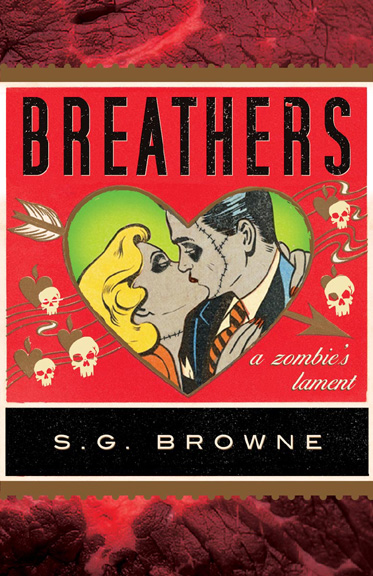
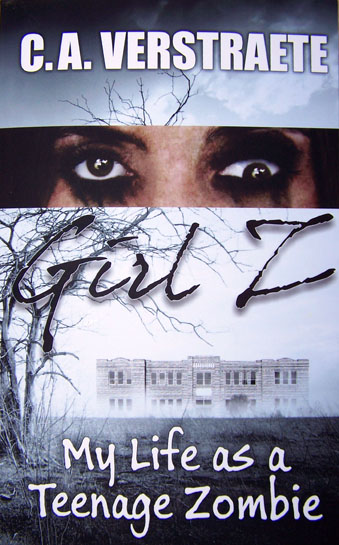
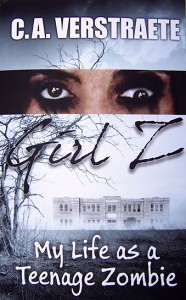
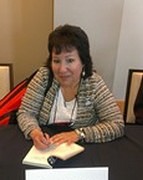
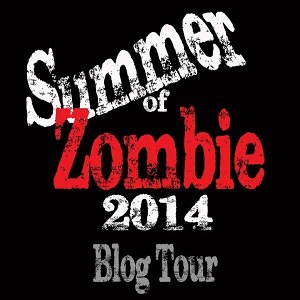
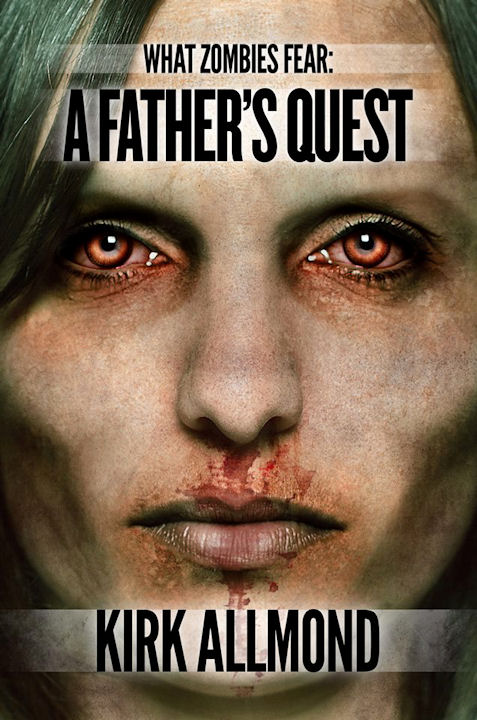
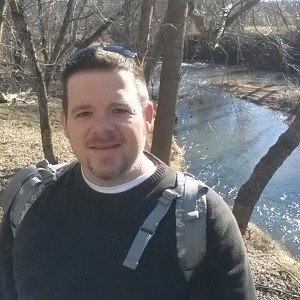
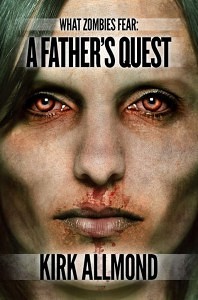
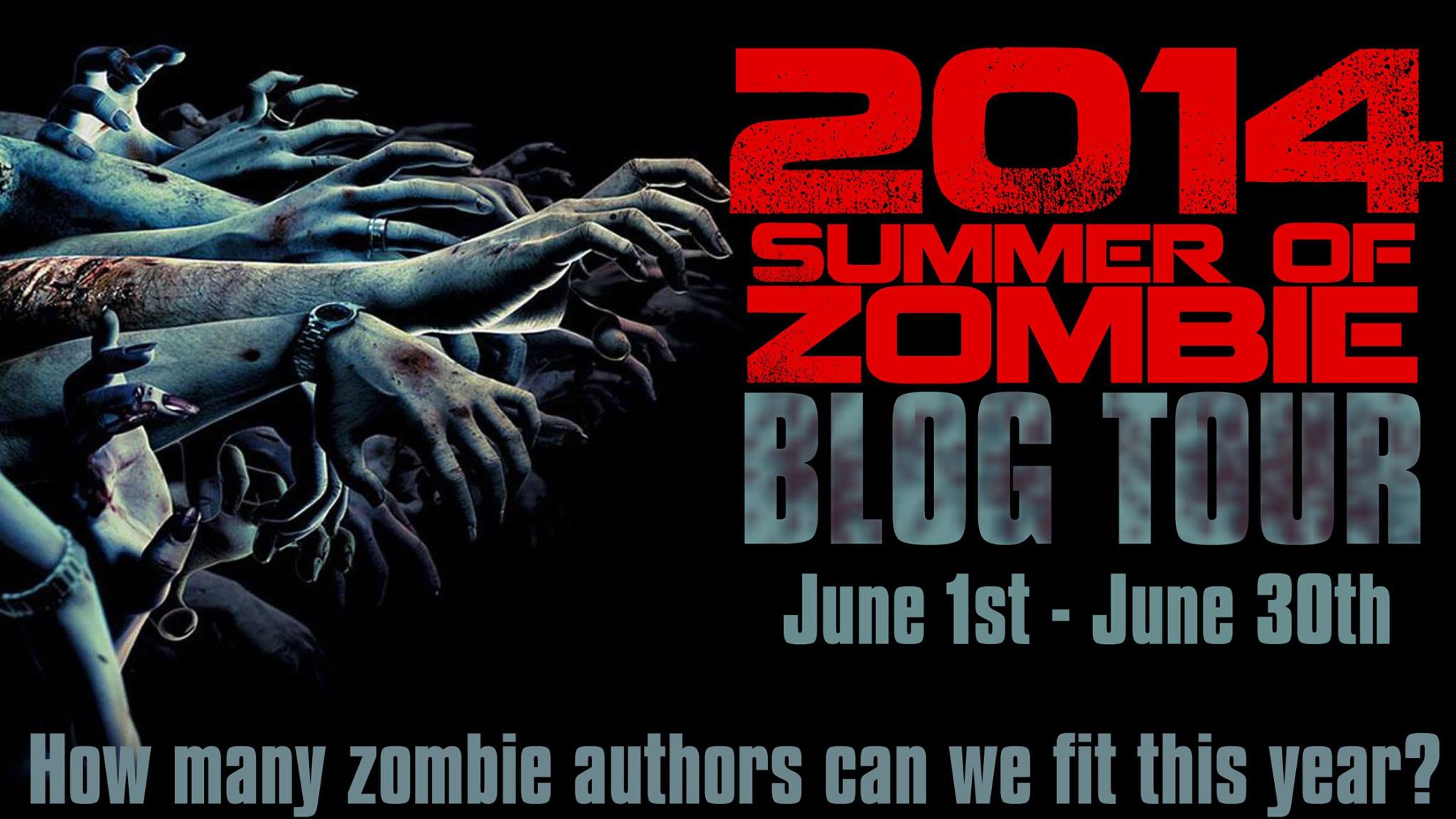
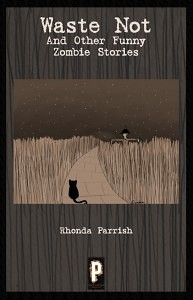 Waste Not: And Other Funny Zombie Stories
Waste Not: And Other Funny Zombie Stories